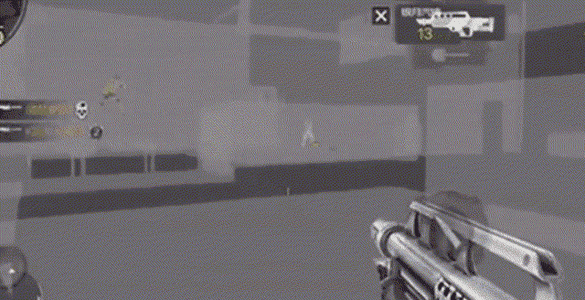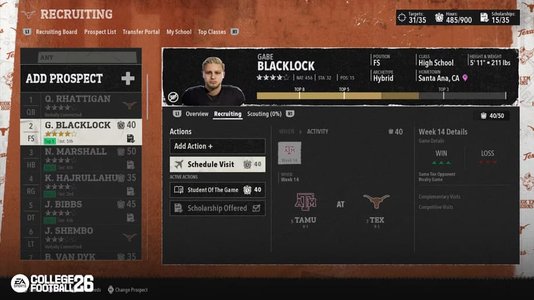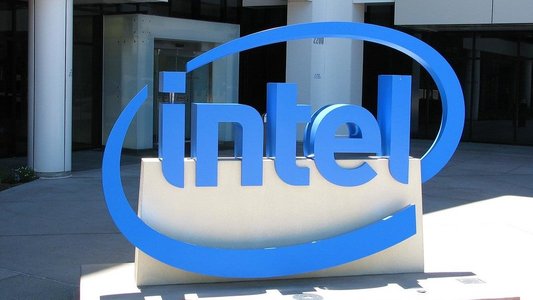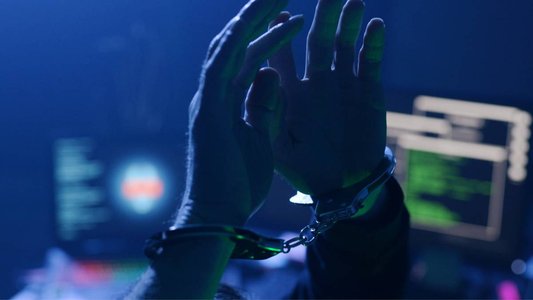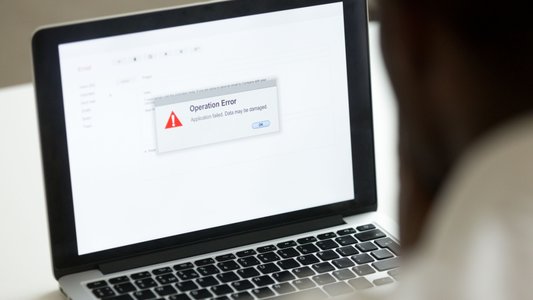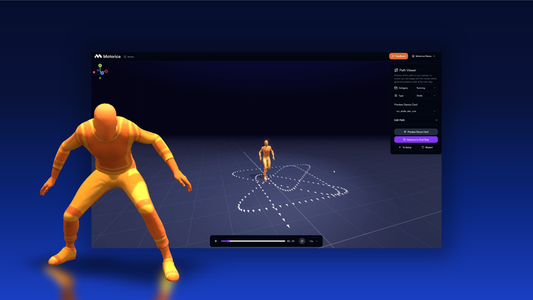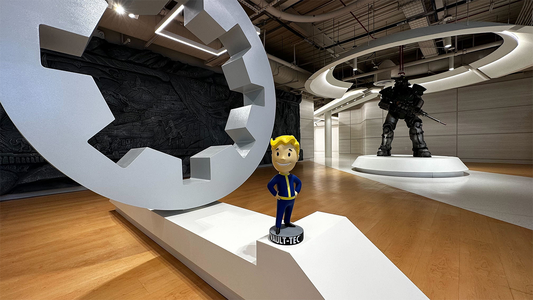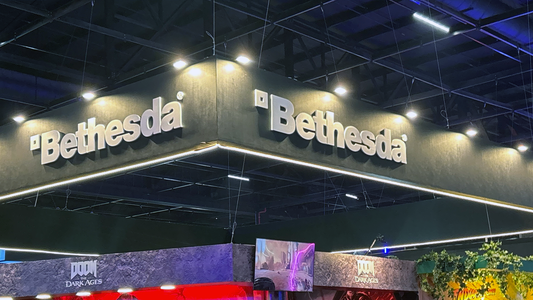In today's fast-evolving gaming landscape, ensuring your Unity secure environment is more crucial than ever. Unity secure systems protect against asset tampering, script manipulation, and cheating. This article dives deep into how developers can make their Unity engine secure through a layered approach—covering resource encryption, Mono and IL2CPP defenses, runtime detection, and more.
Implementing Unity secure practices means safeguarding AssetBundles, Resources, and code components using AES‑256, randomized keys, and obfuscation without impacting performance. A Unity engine secure configuration not only encrypts assets but also hardens engine internals and scripts against reverse‑engineering tools like Il2CppDumper and dnSpy.
By ensuring unity secure mechanisms are embedded at compile-time, build-time, and runtime, developers protect both client-side assets and server-side logic, creating a robust Unity engine secure architecture that hinders cheat tool effectiveness and supports fair gameplay.
Why Prioritize Unity secure Measures?
Protecting game files and intellectual property
A Unity engine secure design encrypts AssetBundles, Resources, DLLs, and native libraries so reverse‑engineering tools like AssetStudio can't parse them.
Randomized encryption ensures each build is unique—no reusable keys—making widespread hacking more difficult.
Maintaining gameplay fairness
Unity secure systems help prevent memory manipulation, speed hacks, and script tampering by using runtime detection of cheats like Cheat Engine, mono behavior injection, and IL2CPP dumper tools.
Server-side validation further enforces a Unity engine secure environment by verifying XP gains, economy changes, and critical game actions—mitigating client-side cheat attempts.
Key Unity secure Solutions and Techniques
1. AssetBundle and Resources Encryption
▪ Core-block Encryption of AssetBundles using AES‑256, with decryption only in memory at load time.
▪ Randomized Resources encryption ensures files look different each build, blocking parsing tools like AssetStudio.
2. Mono and IL2CPP Code Protection
▪ Mono DLLs are encrypted or virtualized to prevent decompilation via dnSpy.
▪ IL2CPP binaries (libil2cpp.so, global-metadata.dat) are encrypted, and zygisk/il2cpp dumper detection halts runtime if tampering is detected.
3. Engine-Level Encryption & Obfuscation
▪ Unity engine internal functions are wrapped in encrypted layers or obfuscated to thwart reverse-engineering.
▪ Native SO file encryption and shelling harden binary assets.
4. Runtime Integrity and Cheat Detection
▪ Detect tampering via checksum or crypto-signature verification during startup and runtime.
▪ Memory scans identify cheat engine signatures; anti-debugging prevents tools like IDA and OllyDbg from attaching.
▪ Zygisk IL2CPP dumper detection kills or flags compromised sessions.
5. Secure Network & Server-Side Enforcement
▪ Encrypted multiplayer data—AES/RSA/DTLS protects against packet spoofing.
▪ Key game logic and economics are validated server-side as part of a Unity engine secure framework.
Technical Specifications of a Unity secure System
▪ Encryption Type: AES‑256 for assets, RSA or DTLS for networking, randomized IV per build.
▪ Obfuscation: Symbol renaming, control‑flow distortion, VMP-level protection.
▪ Integrity Checks: CRC or SHA‑256 signatures on binaries, asset bundles, metadata.
▪ Detection Hooks: Memory scanning, debugger flag traps, anti-injection monitors.
▪ Platform Support: Android, iOS, Windows, macOS – pure native implementation; zero SDK required.
Best Practices for Unity secure Implementation
Layered Security Strategy
Combine encryption (assets, code), runtime detection, engine-protection, and server-side validation for a cohesive Unity secure system.
Frequent Updates and Key Rotation
Randomizing encryption keys per build and updating detection logic regularly closes loopholes exploited by evolving cheat tools.
Performance Profiling
Test overhead: encryption delays under 10–25 ms, CPU overhead <0.2%, memory footprint small (<1 MB).
Zero-Integration & Command-Line Protection
A Unity secure solution should integrate seamlessly with packaging workflows via single-command encryption—no SDK or code changes.
Real-World Benefits of a Unity secure Approach
Reducing Cheat Incidents
Implementing Unity secure tactics—Mono encryption, zygisk detection, engine shielding—has cut cheat attempts in multiplayer titles by up to 90%.
Protecting Revenue and Brand Integrity
Unity secure promotes fair monetization, reduces fraudulent exploits, and deters modded APKs through runtime tamper detection.
Developer and User Confidence
Using a robust Unity engine secure stack, developers gain peace of mind knowing their intellectual property and gameplay environment are resilient against current and future cheat vectors.
Conclusion: Elevate Your Game with True Unity secure
Achieving a truly Unity secure game means layering strategic defenses from build-time through runtime. Asset and resource encryption, Mono/IL2CPP protection, engine and SO hardening, integrity verification, cheat detection, and server-side enforcement are all essential components of a comprehensive Unity engine secure ecosystem.
JikGuard’s Game Protection suite delivers this full-stack Unity secure solution—zero integration, low overhead, and multi-platform support—empowering developers to defend against reversing, tampering, and cheating without compromising performance.
Embrace Unity secure practices today to uphold player trust, protect revenue, and deliver a fair and fun gaming experience.






